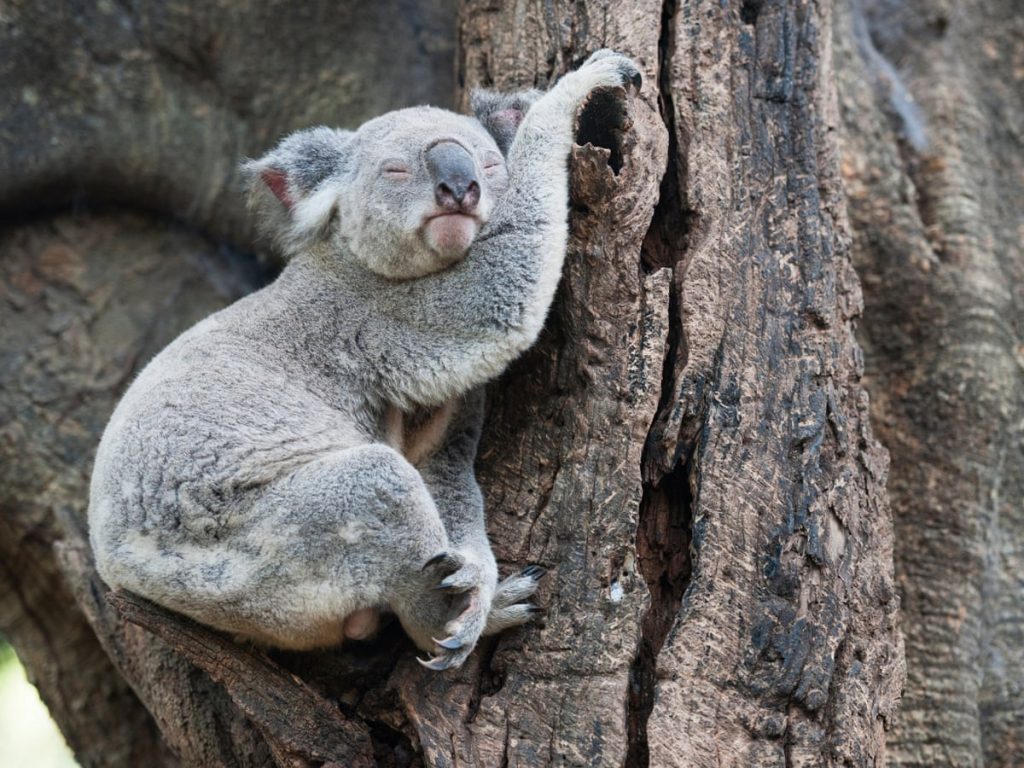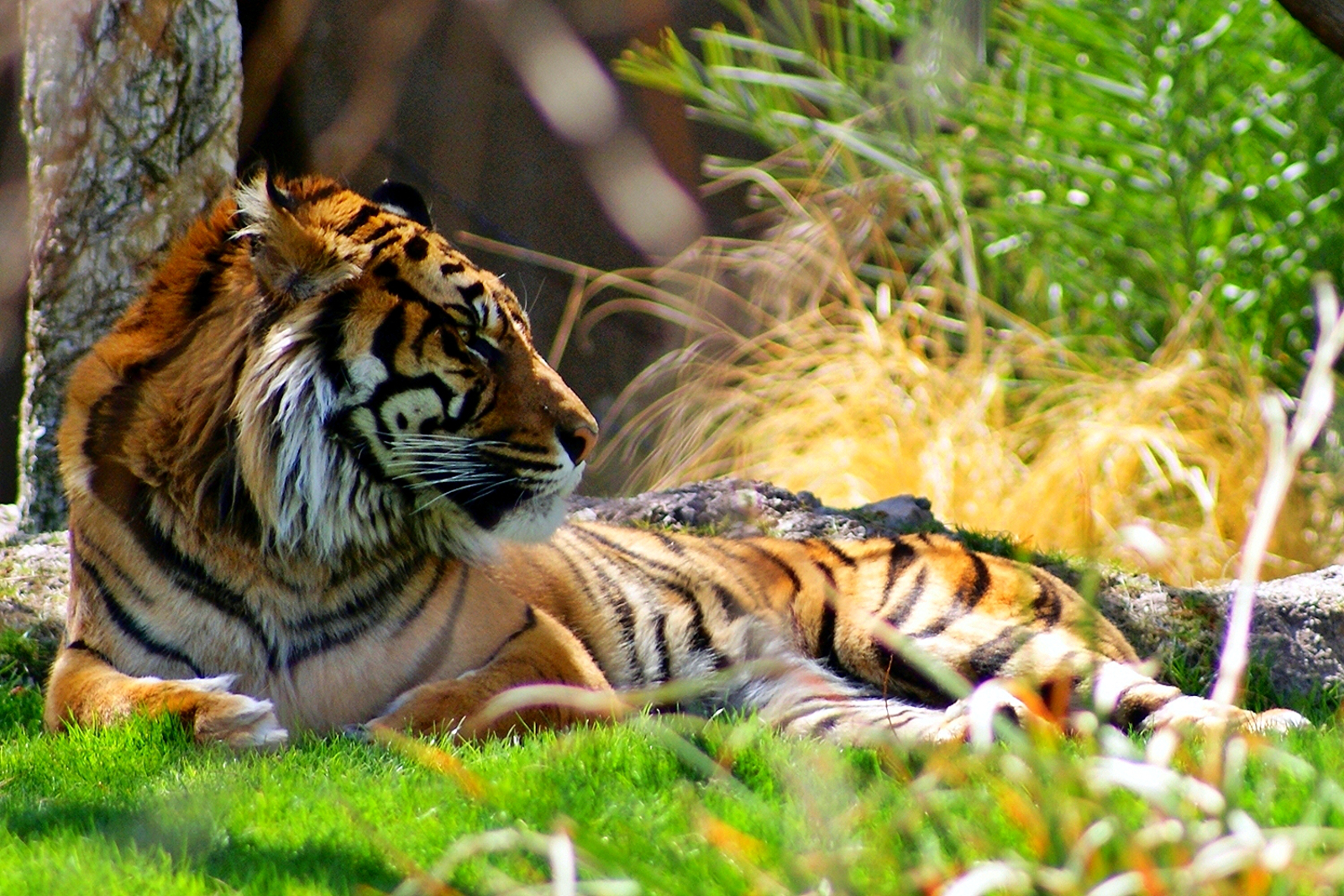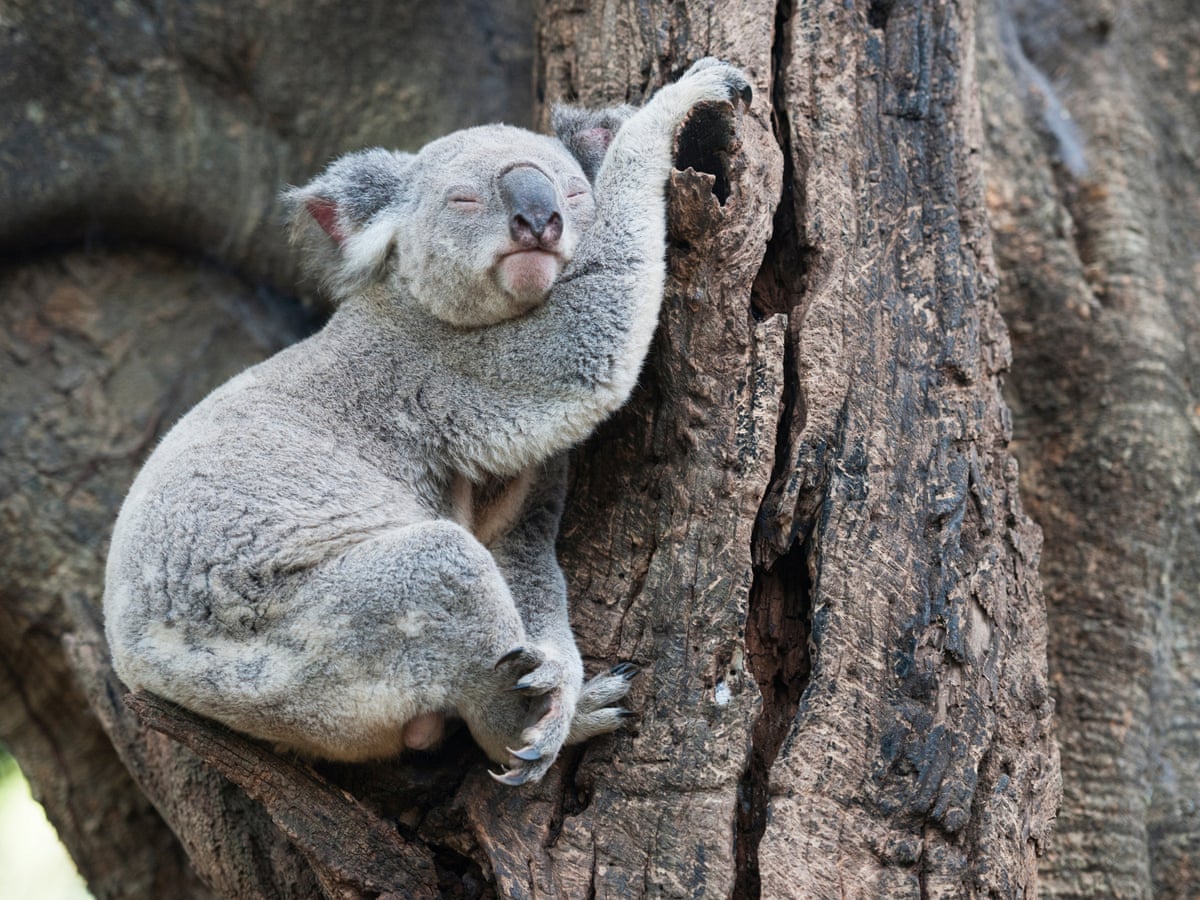Why Should We Save Endangered Animals? Plants and animals maintain the health of an ecosystem. And, when species become endangered, it’s a sign that an ecosystem is out of balance. But why does this matter?
Well, ecosystems are groups of plants and animals that are found in the same area and interact with each other. These interactions make up and maintain the environments we know today – like rainforests, mountains and savannahs.
But the balance within an ecosystem isn’t always easy to maintain: the loss of one species often triggers the loss of others.
For example, when grey wolves were hunted to near-extinction in the United States’ Yellowstone National Park, beaver populations also decreased significantly.
This happened because elk populations that were usually hunted by wolves, were able to graze freely and more heavily on the plants that were also needed by beavers to survive during winter.
But did you know that the conservation of endangered species helps to restore the balance in ecosystems and is important for humans too? Let’s find out how.
Contents
Why Should We Save Endangered Animals?
1. Ecological importance
Healthy ecosystems depend on plant and animal species as their foundations. When a species becomes endangered, it is a sign that the ecosystem is slowly falling apart. Each species that is lost triggers the loss of other species within its ecosystem. Humans depend on healthy ecosystems to purify our environment. Without healthy forests, grasslands, rivers, oceans and other ecosystems, we will not have clean air, water, or land. If we allow our environment to become contaminated, we risk our own health.
2. Medical
The drug digitalis, derived from purple foxglove, prevented the death of millions of people. Digitalis is used to treat congestive heart failure (CHF), fluid retention, irregular heartbeat, asthma, epilepsy, tuberculosis, headache, constipation, headache, and spasm. It can also heal wounds and burns. Withering (1785) described the healing properties of the plant as early as the 18th century.
This observation means that if one plant species gets extinct, the potential benefits, such as a source of medicine, will be forfeited. However, many plants may be nearing extinction without our knowledge. These plants could contain thousands of important compounds that can lengthen the human lifespan.
Plants are not the only source of medicine. Animals have medicinal properties, too. Here is a list of animals and their medicinal uses:
- leeches – secretions prevent coagulation and inflammation
- vipers – elements in their venom control blood pressure
- scorpion – brain tumor research uses its venom
- shark – utilized in the study of certain forms of cancer and muscle degeneration
- bees – honeybee products prevent microbes from thriving
- lizards – secrete a toxin that may benefit diabetes sufferers
- frog – produces compounds that prevent infection
3. The environment and other animals
Everything in nature is connected. If you remove one animal or plant it upsets the balance of nature, can change the ecosystem completely and may cause other animals to suffer. For example, bees may seem small and insignificant, but they have a huge role to play in our ecosystem – they are pollinators. This means they are responsible for the reproduction plants. Without bees, many plant species would go extinct, which would upset the entire foodchain.
4. Agricultural value
Wild species of plants can be a source of essential genes to improve crops that are grown today. Among those genes that scientists splice from plants’ DNAs are pest or disease resistance, salt tolerance, and drought resistance. These properties can help counter the effects of global climate change.
While there are concerns about genetic engineering products such as genetically modified organisms (GMOs), these products helped attain food security. People have had reliable access to a sufficient quantity of affordable and nutritious food. For example, genetic material from a wild corn species stopped a leaf fungus that previously wiped out 15% of US corn crop. Thus, more crop production ensued.
Animals such as gecko and spiders are also important natural pest control agents. Geckos feed on at least five different kinds of pests, while spiders are known to prey on cockroaches.
5. Bequest value
Leaving out a legacy for the next generation is a desirable value. We want our children to enjoy the benefits that could be gained from wildlife species, not only of their mere existence but also for the potential benefits they can provide.
6. The enjoyment of future generations
One of the strongest arguments for saving endangered animals is simply that we want to. We get a lot of pleasure out of seeing and interacting with animals. Species that go extinct now are no longer around for us or future generations to see and enjoy. They can only learn about them in books and on the internet. And, that is heartbreaking.




